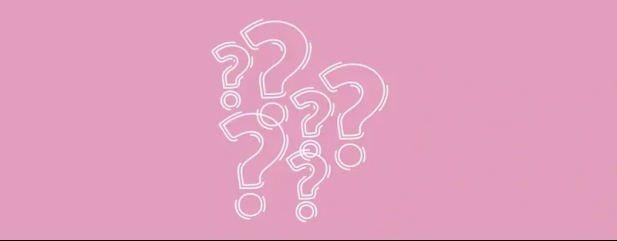Archived article
Please note that tax, investment, pension and ISA rules can change and the information and any views contained in this article may now be inaccurate.
How are my different pensions affected by inheritance tax changes?

I was really disappointed to learn pensions will fall into inheritance tax.
I have several different pensions schemes. One is a defined benefit scheme with my employer, and I also have an additional voluntary contribution section. But I also have a SIPP.
Could you tell me if these pensions are treated differently when working out the inheritance tax?
Chris
Rachel Vahey, AJ Bell Head of Public Policy, says:
Undoubtedly the biggest change to pensions announced in the recent Budget was the intention to bring them into the net for IHT (inheritance tax) from April 2027.
Since 2015 the tax treatment has been very generous for those who want to pass pensions wealth onto loved ones. Maybe it was not unexpected that at some point the pendulum would start to swing the other way. But this announcement has thrown some people’s retirement planning into disarray.
WHY YOU SHOULDN’T PANIC
Probably the first thing is to say please don’t panic or rush to a solution.
These are just proposals at the moment. HMRC is consulting on the new rules to include unused pension funds and death benefits as part of a person’s estate from 6 April 2027. It’s highly likely the detail will change over the next few years, and in the intervening period, up to April 2027 if someone dies there isn’t any IHT due on pensions.
It’s understandable to start exploring and understanding your options. However, there are areas where we don’t yet know exactly how the rules work.
It’s important to first note that IHT spousal exemption applies. So, any unused pensions passed onto a spouse or civil partner will be exempt from IHT. If someone is living with their partner then if, on death, they pass their pension to them from April 2027 it will count towards IHT, as they are not married. (For some people this may be a big enough incentive to tie the knot!)
Building on that, the consultation outlines uncrystallised defined contribution (DC) funds and unused drawdown funds passed onto anyone else other than a spouse or civil partner will be included, as will any short-term annuities.
Any lifetime annuities which, on death, continue to someone other than a spouse or civil partner will be caught, as will be any lump sums paid from the annuity when someone dies, for example a return of the cash value of a guaranteed period of payments.
Scheme pensions (usually paid from a defined benefit (DB) scheme) will be exempt. It’s currently unclear whether death-in-service lump sums (DB lump sum death benefits) are included. The consultation suggests they are, but we are waiting for further clarification from HMRC on this point. It’s also unclear whether additional voluntary contribution money purchase pots set up alongside a DB scheme are included or not. Logic would indicate they are, but this point also needs addressing.
If you want to leave your pension funds to a charity, then these may also be excluded. If you have no dependants (for example, a partner, spouse, or child under the age of 23) and instead nominate a charity to receive a lump sum, then this is called a Charity Lump Sum Death Benefit. This would be exempt from IHT. Furthermore, it would not be subject to any income tax, regardless of how old you were when you died.
However, if you did have a dependant, but nominated a charity to receive a lump sum from your pension, then it’s currently unclear whether that lump sum would qualify for the IHT exemption. It would also be subject to income tax if you died over the age of 75.
AN ANNUITY DOESN’T NECESSARILY SOLVE THE PROBLEM
If you bought an annuity with your drawdown funds, then you may think you are solving the IHT problem. But the annuity will stop on yours or your partner’s death. If you have children, they wouldn’t inherit anything.
On the other hand, if you kept drawdown, you would be able to have more control over the investment of your pot and be able to change your income when you wanted to. If there were any leftover drawdown funds after your death (and your spouse’s death) then this may be subject to IHT when passed to the children, but at least they will inherit 60% of something.
So, we have some information about which types of pension are included in your estate when working out IHT. But there are still big gaps in our knowledge. However, following the consultation with HMRC we should get some draft legislation in the middle of 2025, and this will hopefully fill in the missing detail.
Important information:
These articles are provided by Shares magazine which is published by AJ Bell Media, a part of AJ Bell. Shares is not written by AJ Bell.
Shares is provided for your general information and use and is not a personal recommendation to invest. It is not intended to be relied upon by you in making or not making any investment decisions. The investments referred to in these articles will not be suitable for all investors. If in doubt please seek appropriate independent financial advice.
Investors acting on the information in these articles do so at their own risk and AJ Bell Media and its staff do not accept liability for losses suffered by investors as a result of their investment decisions.
 magazine
magazine








